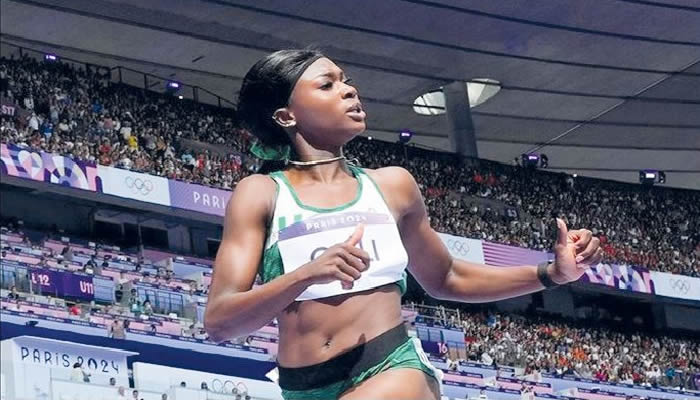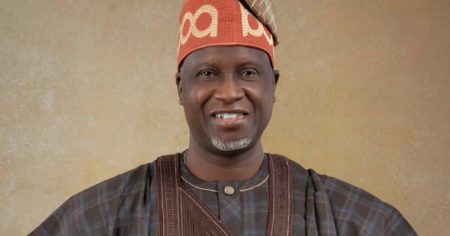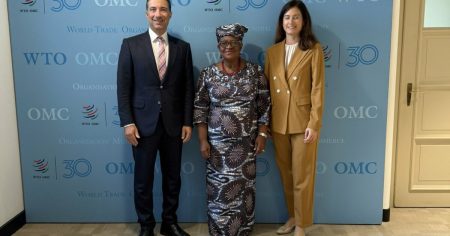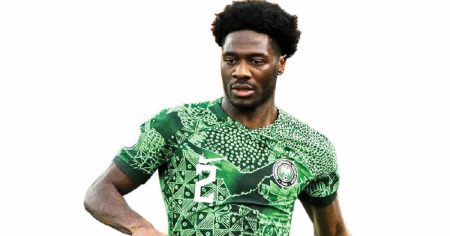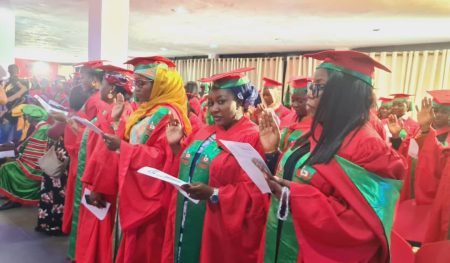The international athletics landscape is currently experiencing a wave of allegiance transfers, with Turkey emerging as a prominent destination for elite athletes seeking new national representation. This phenomenon has sparked controversy and raised questions about the motivations behind these switches, as well as the potential impact on the athletes’ original countries. A recent case in point is Nigerian sprinter Favour Ofili, whose reported transfer of allegiance to Turkey has generated considerable attention. While reports suggested Ofili had finalized her switch, World Athletics, the global governing body for the sport, clarified that her application, along with three others from the Turkish Athletics Federation, is still under review. This revelation underscores the complexities and procedural aspects of changing national affiliations in athletics.
World Athletics confirmed the receipt of four transfer requests from the Turkish federation but emphasized that none of these applications have been reviewed or approved by the Nationality Review Panel (NRP), the body responsible for evaluating such requests. The NRP follows established procedures to assess each case, which can take several months. During this review period, the athletes in question are barred from competing for any country, ensuring fairness and preventing premature representation. World Athletics maintains a policy of confidentiality regarding the identities of the athletes involved in ongoing applications to safeguard the integrity of the process and protect the privacy of the individuals. This confidentiality extends to the specific details of the applications, further underscoring the organization’s commitment to a thorough and impartial evaluation.
A key element of the transfer process is the mandatory three-year waiting period after a successful application. Should the NRP approve an athlete’s request to represent a new nation, they must observe this waiting period before becoming eligible to compete for their adopted country. This stipulation is designed to discourage opportunistic switches and ensure a degree of commitment to the new nation. It also provides a period for the athlete to integrate into their new athletic environment and build rapport with their new teammates and coaching staff. The waiting period serves as a buffer, preventing athletes from immediately switching allegiance and competing for a new country in major competitions.
The influx of athletes seeking Turkish representation includes several prominent figures from Jamaica, a nation renowned for its track and field prowess. Three Jamaican athletes – Olympic discus champion Roje Stona, shot put bronze medalist Rajindra Campbell, and world U-20 triple jump record holder Jaydon Hibbert – have officially confirmed their allegiance to Turkey. These high-profile transfers highlight the Turkish federation’s active recruitment efforts and its ambition to bolster its standing on the global athletics stage. The acquisition of such established athletes could significantly enhance Turkey’s medal prospects in upcoming international competitions, including the 2028 Los Angeles Olympics, a key target for the Turkish federation.
Ofili’s potential switch to Turkey comes just months before the 2025 World Athletics Championships in Tokyo, an event for which she qualified while representing Nigeria at the Paris 2024 Olympic Games. Reports suggest that Ofili expressed frustration with the Athletics Federation of Nigeria regarding her experiences at the past two Olympic Games. It is important to note that these are unconfirmed reports and the reasons behind her decision to seek a transfer have not been officially disclosed by the athlete or World Athletics. While financial incentives are often speculated upon in such cases, Ofili reportedly stated that her decision was not motivated by monetary considerations. However, without official confirmation, the exact reasons for her application remain unclear.
Turkey’s aggressive pursuit of international athletic talent has sparked discussion and debate within the sporting community. Onder Ozbilen, a senior consultant with Turkey’s Sports Ministry, confirmed the country’s strategy to attract athletes to strengthen their chances at the 2028 Los Angeles Olympics. While Ozbilen acknowledged discussions with various athletes, he stopped short of confirming specific details of any agreements. Media reports suggest that Turkey offers substantial financial incentives, including signing bonuses and performance-based rewards, to lure top athletes. These reported incentives have raised concerns about the potential ethical implications of such practices and the potential for creating an uneven playing field in international athletics. While the transfer of allegiance remains a complex issue with various contributing factors, the financial aspect often takes center stage in public discourse.





